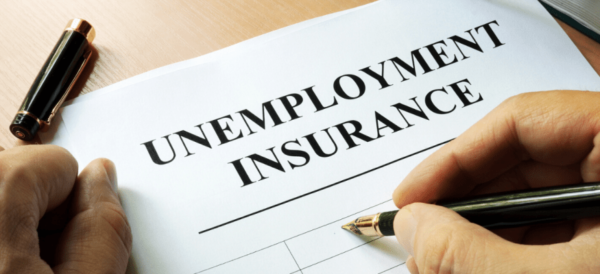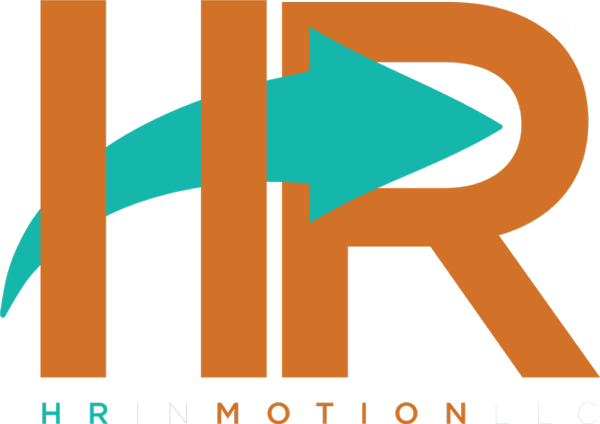Unemployment Insurance 101

As nearly 30 million Americans filed for unemployment due to lost jobs or reduced hours amid the coronavirus, many HR departments are in an unfamiliar spot. But this is exactly the kind of situation when unemployment insurance is your saving grace.
When a business is forced to shut their doors for any reason, unemployment insurance provides temporary financial stability for workers (former employees) who no longer have an income. The program also helps to stimulate the economy during a downturn or recession when the unemployment rate typically rises.
This federally mandated and regulated program has been around for a while, but is managed state by state. For example, some states allow eligible recipients to collect benefits for 26 weeks while others allow for 12 weeks. We recommend you dive into your state’s requirements, eligibility and payment amounts to know more.
How does Unemployment Insurance affect you, as an employer?
If your business has employees (from 1 to 100), you are required to pay into your state’s and the federal and state unemployment insurance programs. If you hire independent contractors, this is only applicable for W-2 employees, not 1099. These unemployment insurance taxes fund the pot, so to speak.
How does Unemployment Insurance affect your employees?
Employees do not pay unemployment taxes; It is only the responsibility of the employer. If an employee becomes unemployed and is eligible, they should apply for benefits through their state as soon as possible — but that must be done on their own volition. An employee can only collect unemployment benefits if they are out of work through no fault of their own.
Most of the time, this is a straightforward process for employers and employees alike. However, in the midst of the coronavirus pandemic, the entire program has been flipped upside down. The newly enacted CARES Act, a $2 trillion relief package, extends the duration of unemployment insurance benefits by 13 weeks and increased payments by $600 per week through July 31, 2020.
Regardless of how dire the situation may be, unemployment insurance protects employees when they can’t make ends meet. And employers do their part to make sure the economy and families remain strong.




